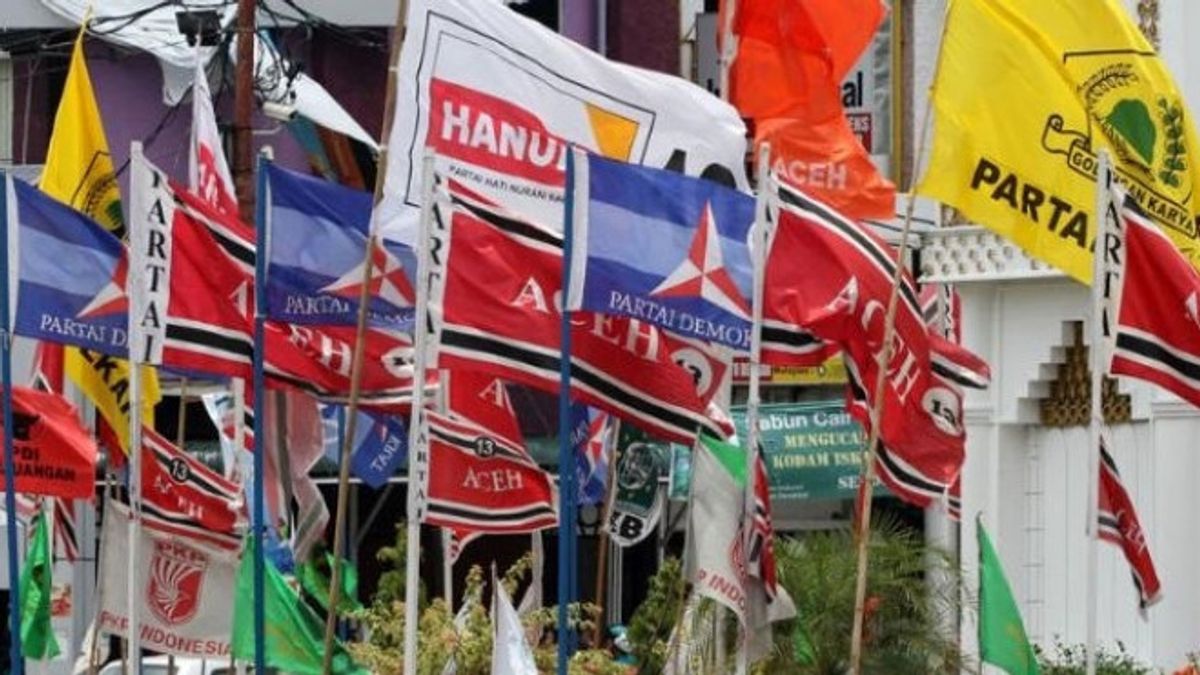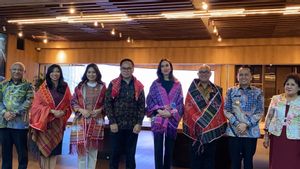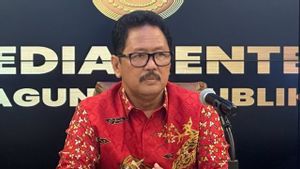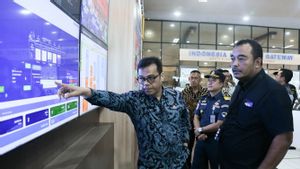JAKARTA - Minister of Home Affairs (Mendagri) Tito Karnavian said his party must report to President Prabowo Subianto about the option to revise a number of political law through the omnibus law method.
Tito admitted that the report to President Prabowo was carried out after he met with the coordinating ministry, relevant ministries/agencies and other elements of society.
"The Ministry of Home Affairs appreciates the idea of DPR friends to revise a number of laws related to the political system. As the Minister of Home Affairs, of course, I have my own mechanism, I have to report to the president," Tito said at the DPR building, parliament complex, Senayan, Jakarta last Thursday.
Tito said that his party would later meet with the coordinating ministry which has now been divided into two, namely the Coordinating Ministry (Kemenko) for Political and Security Affairs (Polkam) and the Coordinating Ministry for Law, Human Rights, Immigration, and Corrections. In addition, Tito will meet with the Minister of State Secretary to review the option of revising the law on politics through the omnibus law.
"We will have a meeting first. We will discuss it and usually we will invite constitutional experts, special political observers, after that the option is yes or not, what kind of meeting do we ask for a limited meeting," said Tito.
According to Tito, the results of the study will determine whether to choose the option of revising political laws with the omnibus law method or not. Tito assessed that the government is still opening other options, such as limited revisions related to political laws.
Previously, Deputy Chairman of the Legislation Body (Baleg) of the DPR Ahmad Doli Kurnia proposed a revision of a number of political laws (UU) using the omnibus law method. This aims to perfect Indonesia's political system including holding elections.
SEE ALSO:
In the revision through the omnibus law method, there will be eight laws that will be unified, namely, first the Election Law and the Election Law for Governors, Regents, and Mayors or Regional Head Election Law (Pilkada). Second, the Political Party Law. Third, the MPR / DPR / DPRD / DPD (MD3) Law that wants to be separated per institution, does not include the DPRD.
Fifth, the Regional Government Law. Sixth, the General Election Law for Members of the DPR, DPD, and DPRD or the Legislative Election Law (Pileg). Seventh, the Village Government Law. Eighth, the Law on Central and Regional Financial Relations.
The English, Chinese, Japanese, Arabic, and French versions are automatically generated by the AI. So there may still be inaccuracies in translating, please always see Indonesian as our main language. (system supported by DigitalSiber.id)
















